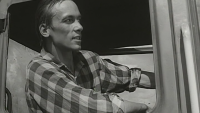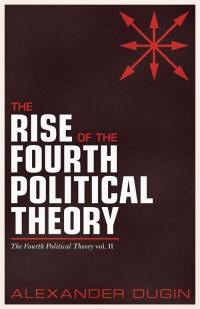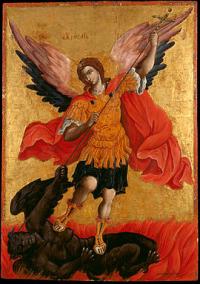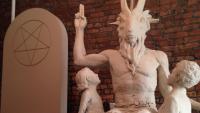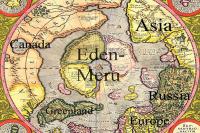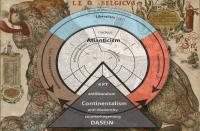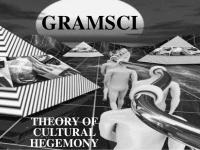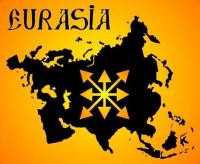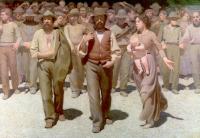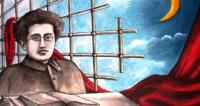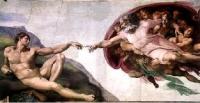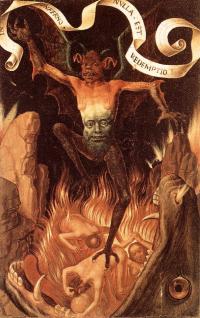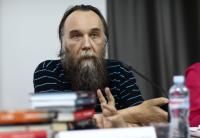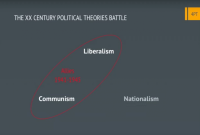CHRISTIANITY AND SCIENCE
If one takes the third position on religion and modern science, life will become difficult (perhaps even unbearable). In this case, we must not only distrust the ideology of the modern (definitely non-Christian, often directly anti-Christian) society, but also the world itself, which, if we think about it, is pushed onto so heavily onto us by the entire structure of upbringing, education, study, and culture that we are convinced that it is reality, nature, existence, truth. Once can debate an ideology (although this is difficult, if it is a totalitarian one like all Modern ideologies: communism, fascism, and the most totalitarian one of all, liberalism!), but to distrust one’s own sensory organs, to see that which ‘isn’t’ behind ‘natural’ phenomena (as was said to us by our parents and teachers), i.e. the cosmological power of angels and demons is a direct road to insanity.
I do not know the answer to this question, as it can neither be easy nor understood. I can only express certain assumptions without being confident in neither their effectivity nor their ability to change anything.
First, we must give ourselves the task of fundamentally researching the philosophy of Plato and Aristotle. This demands effort, but it is the foundation of Christian thought. Without Plato, the fundamental theological theses of the Cappadocian school, or even the most fundamental teachings about the Trinity, creation, etc., to say nothing of the Aeropagites, asceticism, or hesychasm would have no foundation at all. The fundamentals of Christian theology were developed by the Platonists. And it is Platonic cosmology (with Christian corrections) that was patched into this philosophy. In the Christian context, this corpus is most clearly represented by the Aeropagites, in the West by Scotus Eriugena.


